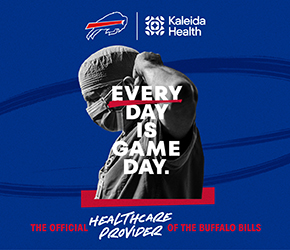Are You Low in Magnesium?

By Annette Pinder
According to Prevention.com and Health Direct, magnesium is an essential mineral found in many foods, including leafy green vegetables, nuts, seeds, whole grains, and legumes. It plays a role in energy production, DNA synthesis, protein synthesis, and regulating muscle contractions and nerve signals. Most magnesium in your body is stored in bones, with smaller amounts in muscles and soft tissues. A low magnesium level—called hypomagnesemia—can cause widespread effects. Since the symptoms can be vague and resemble those of other conditions, magnesium deficiency often goes unnoticed until it worsens.
Factors that contribute to magnesium deficiency include poor dietary intake; gastrointestinal disorders such as Crohn’s disease, celiac disease, and chronic diarrhea; increased urinary loss caused by diuretics, diabetes, and certain kidney disorders; alcohol abuse; older age; and specific medications, including proton pump inhibitors, antibiotics, and chemotherapy drugs.
Symptoms of low magnesium can be broad and unclear, making early detection difficult. Early signs often include muscle twitches and cramps, fatigue and weakness, mental health issues, numbness and tingling, loss of appetite and nausea, irregular heartbeat, and osteoporosis. However, some symptoms of magnesium deficiency can be mistaken for other problems, such as headaches or migraines, frequent muscle soreness after exercise, difficulty sleeping, high blood pressure, and worsening premenstrual syndrome.
While recognizing symptoms is the first step, clinical testing is crucial for confirmation. A serum magnesium test measures magnesium levels in your blood. However, since most magnesium is stored in your bones and tissues, blood tests might not always reveal a deficiency. If a deficiency is suspected based on symptoms and risk factors, additional tests such as urine tests, a red blood cell magnesium test, and an ionized magnesium test may be recommended. If you experience persistent symptoms like unexplained fatigue, muscle cramps, irregular heartbeat, or neurological changes, consult your healthcare provider. They can evaluate your risk factors, order the necessary tests, and suggest a personalized treatment plan.
To prevent magnesium deficiency, focus on consuming magnesium-rich foods such as green leafy vegetables, nuts and seeds, whole grains, legumes, avocados, bananas, dark chocolate, and fatty fish. If left untreated, magnesium deficiency can cause cardiovascular issues, neurological problems, metabolic disorders, osteoporosis, and a higher risk of fractures.
Detecting magnesium deficiency involves noticing subtle symptoms, understanding your personal risk factors, and consulting a doctor when necessary. If you suspect you are low in magnesium, focus on dietary adjustments, speak with your healthcare provider, and get proper testing. Magnesium is crucial for your health and well-being, and addressing a potential deficiency can greatly improve how you feel and function.
Remember, although self-assessment can be helpful, professional guidance is crucial for accurate diagnosis and safe treatment. Maintaining healthy magnesium levels is a lifelong investment in your vitality.











